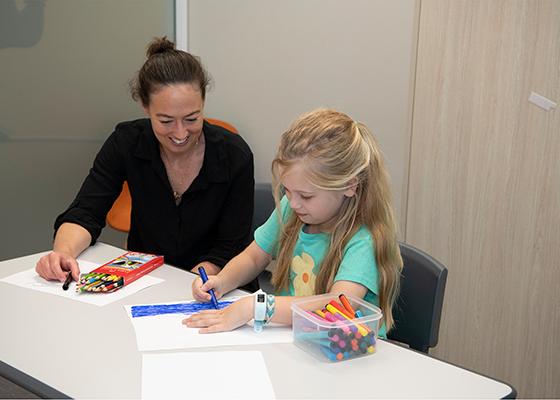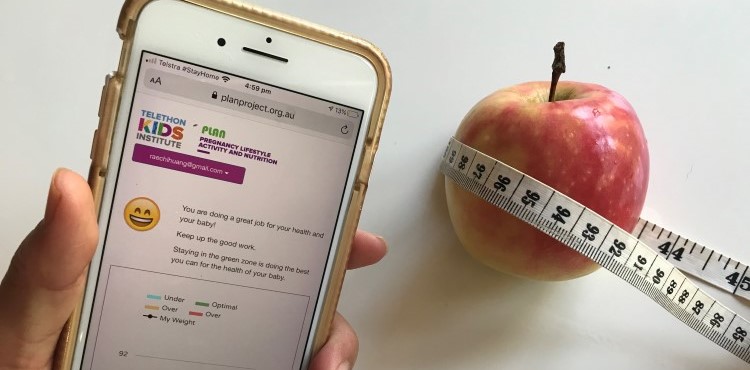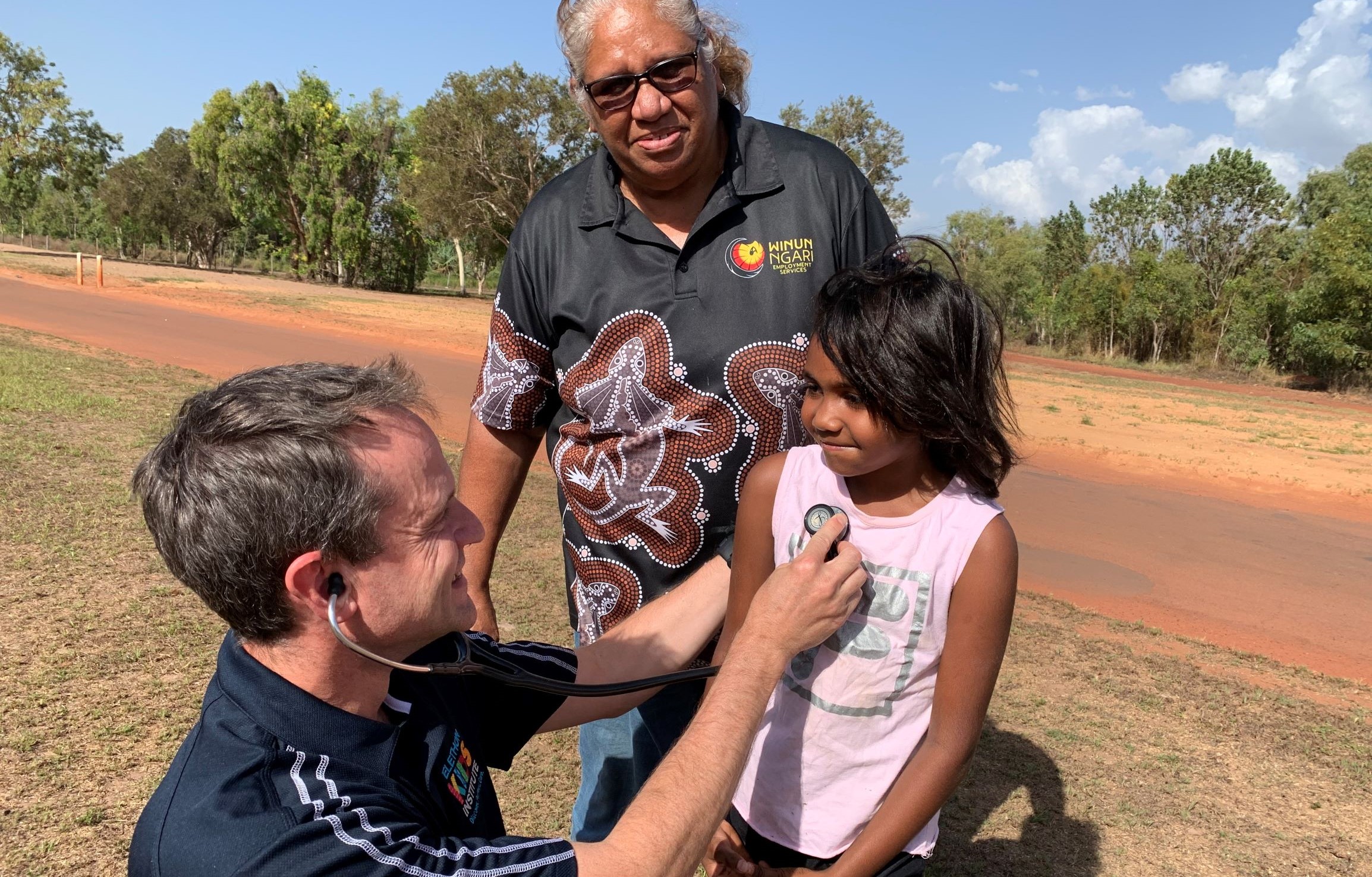Search
Research
Remote after-care using smartphones: A feasibility study of monitoring children's pain with automated SMS messagingMonitoring children's recovery postoperatively is important for routine care, research, and quality improvement. Although telephone follow-up is common, it is also time-consuming and intrusive for families. Using SMS messaging to communicate with families regarding their child's recovery has the potential to address these concerns. While a previous survey at our institution indicated that parents were willing to communicate with the hospital by SMS, data on response rates for SMS-based postoperative data collection is limited, particularly in pediatric populations.
Research
Nafamostat Mesylate for Treatment of COVID-19 in Hospitalised Patients: A Structured, Narrative ReviewThe search for clinically effective antivirals against the severe acute respiratory syndrome coronavirus-2 (SARS-CoV-2) is ongoing. Repurposing of drugs licensed for non–coronavirus disease 2019 (COVID-19) indications has been extensively investigated in laboratory models and in clinical studies with mixed results.
Research
Where are preschoolers active in childcare centers? A hot-spot analysis using GIS, GPS and accelerometry dataThis study investigated where preschool children were more or less active in outdoor play areas in Early Childhood Education and Care (ECEC) centers using a novel method of combined device-measured physical activity, spatial data and on-site audit data.

Find out more about Speech Pathology services at CliniKids.

A cognitive assessment is a valuable tool to better understand how a child thinks, learns, and processes information.


A diet and lifestyle mobile app targeting a critical window in early pregnancy is being introduced to women in the northern suburbs of Perth, hoping to assist with breaking the ‘transmission’ of obesity from one generation to the next.

Results from a world first-study measuring prevalence of chronic wet cough and protracted bacterial bronchitis in four Kimberley Aboriginal communities have highlighted the enormity of the health problem.

For the first time this year, all Australian babies and children aged six months to four years will be entitled to have a free influenza vaccination.
Research
A quality improvement study: Optimizing pneumococcal vaccination rates in children with cochlear implantsChildren with cochlear implants are at increased risk of invasive pneumococcal disease, with national and international guidelines recommending additional pneumococcal vaccines for these children. This study aimed to examine the pneumococcal immunization status and rate of invasive pneumococcal disease in children with cochlear implants at a tertiary paediatric hospital over a 12-year period.
